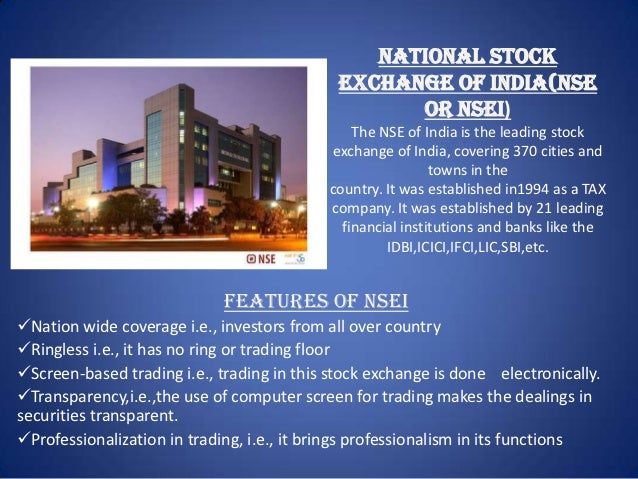Business Knowledge For It In Trading And Exchanges Pdf Reader
Apr 11, 2014. The HFTers were seeing his order at the first exchange and then racing to buy all the rest of the stock he wanted everywhere else, so they could sell it to him for more. This happens all the time: Nicholas Hirschey of the London Business School found that HFT funds only tend to buy aggressively right before. Achieve this, they need business knowledge of any industry to which they offer. Trading Sessions. Insider Trading. History of Exchanges. The Business of Running Exchanges. Three Business Models for the Stock Exchange. Readers are advised to read this book in conjunction with other titles in the.

“It’s impossible to shut down, and you don’t even need an account,” Oved said. “People won’t even know Chinese traders are on the system. Установка Gentoo Usb on this page. ” AirSwap wants to attract large institutional traders such as DRW Holdings LLC and DV Chain to buy and sell cryptocurrencies on an exchange.
Oved’s target is the estimated 60 percent to 80 percent of cryptocurrency trading that now occurs in the over-the-counter market. (He said AirSwap doesn’t have a connection to DRW, DV Chain or any other big traders.) Many of those firms have been wary of the inadequate financial market infrastructure and basic oversight of existing exchanges for digital currencies. “We’re basically a streamlined system for them to do their trading and to interact with a whole new bunch of customers,” Oved said.
Oved, a 31-year-old with a slight build and brown hair, graduated with a degree in mathematics and economics from Carnegie Mellon University. He played piano as a child but had to give it up when he began studying math in college, he said. He’s big into the Burning Man community in Brooklyn but hasn’t been able to attend the desert festival in recent years because he’s been too busy. His work at Virtu took him around the world, including when the firm sent him to Sydney with five other people to open its Asian unit. He also led its European expansion. Oved rose to partner in 2014, and ran Virtu’s North American, South American and European cross-border trading desks.
Virtu gained fame for only losing money on a single day from 2009 to 2014 as it matched buyers and sellers in stocks, bonds, futures and currencies. “At Virtu, I probably built at least a hundred smart-order routers,” Oved said in an interview, referring to the algorithms Virtu uses to direct its electronic trading. The efficiency and scale of its smart-order routers is a big reason why Virtu is so consistently profitable and it’s what convinced firms like T. Rowe Price Group Inc.
And JPMorgan Chase & Co. To sign on as customers of its trading systems. Because of its unique structure, the biggest risks for AirSwap and similar exchanges may be from regulators because of their lack of anti-money laundering and know-your-customer requirements, said Johnson. The analyst said it might be time to amend the standard definition of a market from a “central limit order book” to a “decentralized limit order book.” Another risk of decentralized exchanges is front-running. Because the bids and offers are all publicly displayed, another user can jump the line while a transaction is pending and complete a deal at a higher or lower price. The reason this can be done on the blockchain is because a front-runner can offer to pay a higher transaction fee to have their dishonest trade verified before the honest trade. AirSwap is one of several startups aiming to bridge the gap between what investors expect in terms of financial market infrastructure and the Wild West nature of cryptocurrency trading where basic oversight is absent. It joins firms like, an agency brokerage for asset managers and institutional investors who want to own bitcoin and ether, and, which won regulatory approval in July to offer bitcoin options trading.
AirSwap isn’t the first exchange, either. Currently offers blockchain-based trading for dozens of cryptocurrencies. Autonomous trading platforms aren’t without the risk of being breached, as was shown by a recent attack on EtherDelta.
A malicious coin was offered on the system that tricked several EtherDelta users into revealing their private keys, allowing the attacker to steal the cryptocurrencies in those users’ wallets, said Zack Coburn, founder of EtherDelta. The attack was first reported in The Merkle. The problem was found and fixed within hours, Coburn said. “A handful of users were affected,” he said in an interview. Users’ cryptocurrency balances are maintained by a smart contract that will only release them if the user has their private key, he said. While that is more secure than stashing the assets in one big account at an exchange, it does put more burden on EtherDelta’s users to safeguard their private keys, he said.